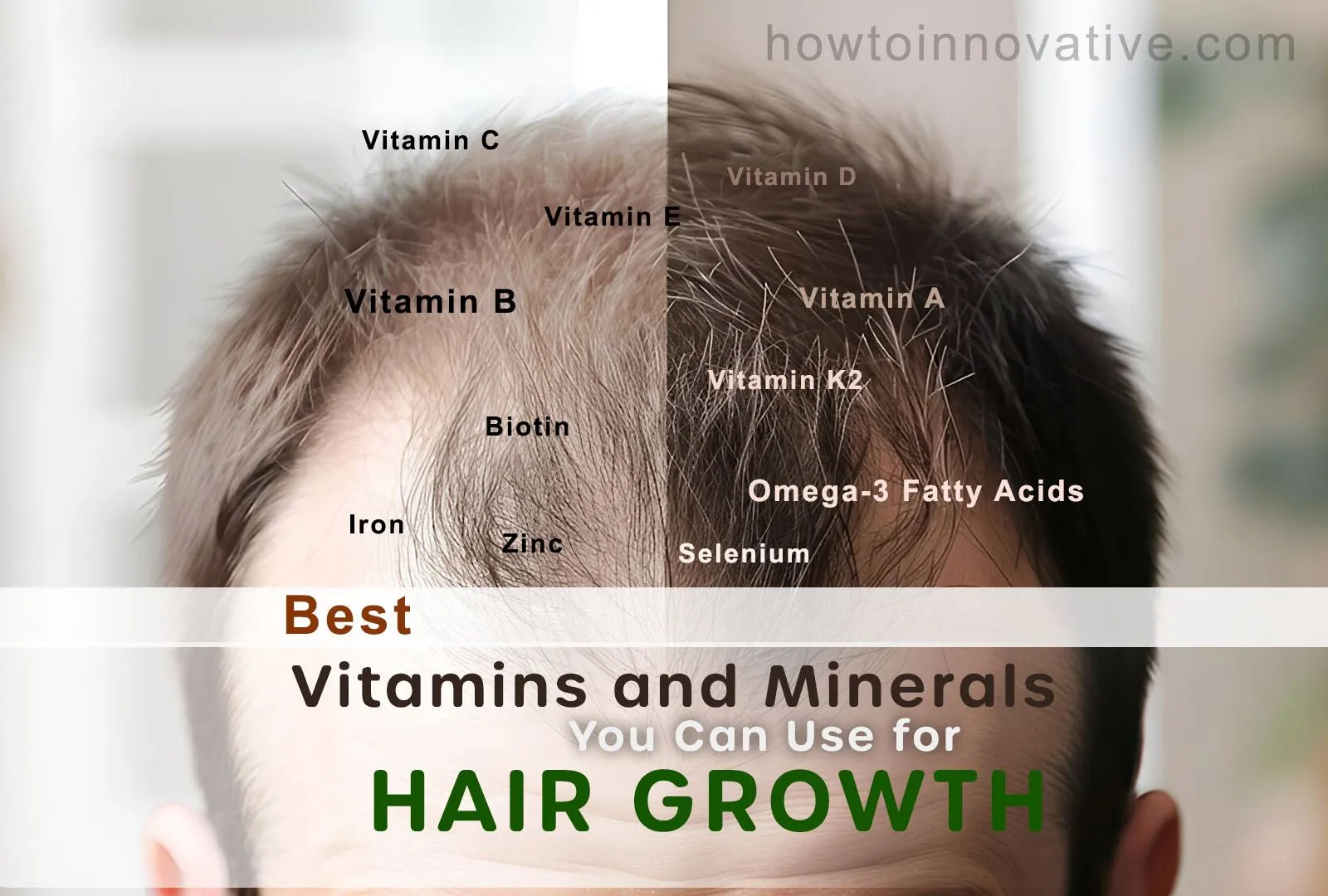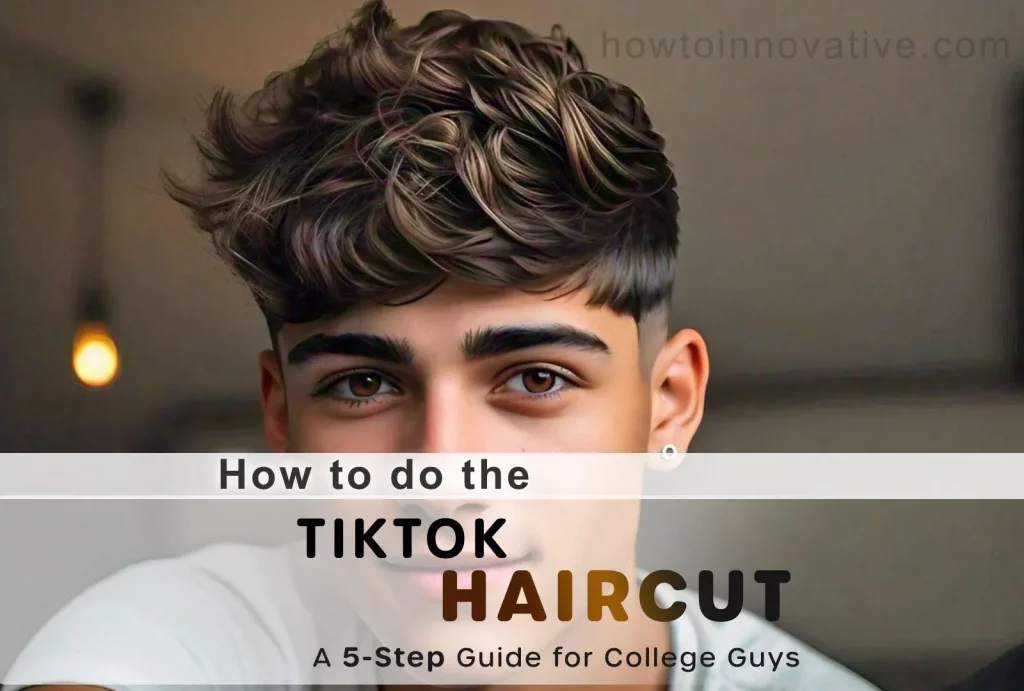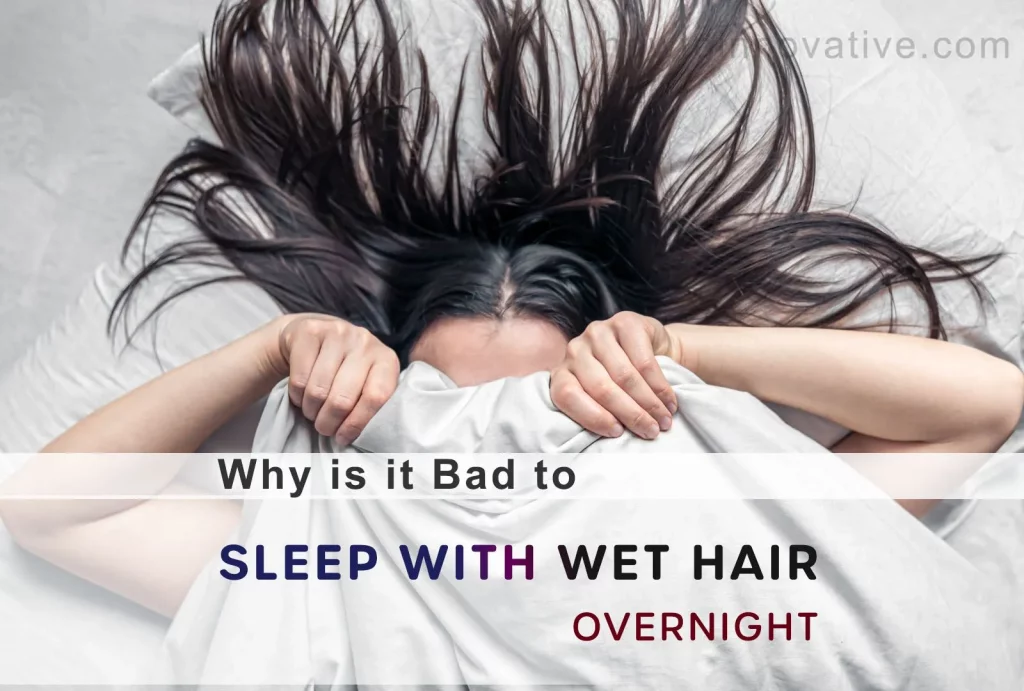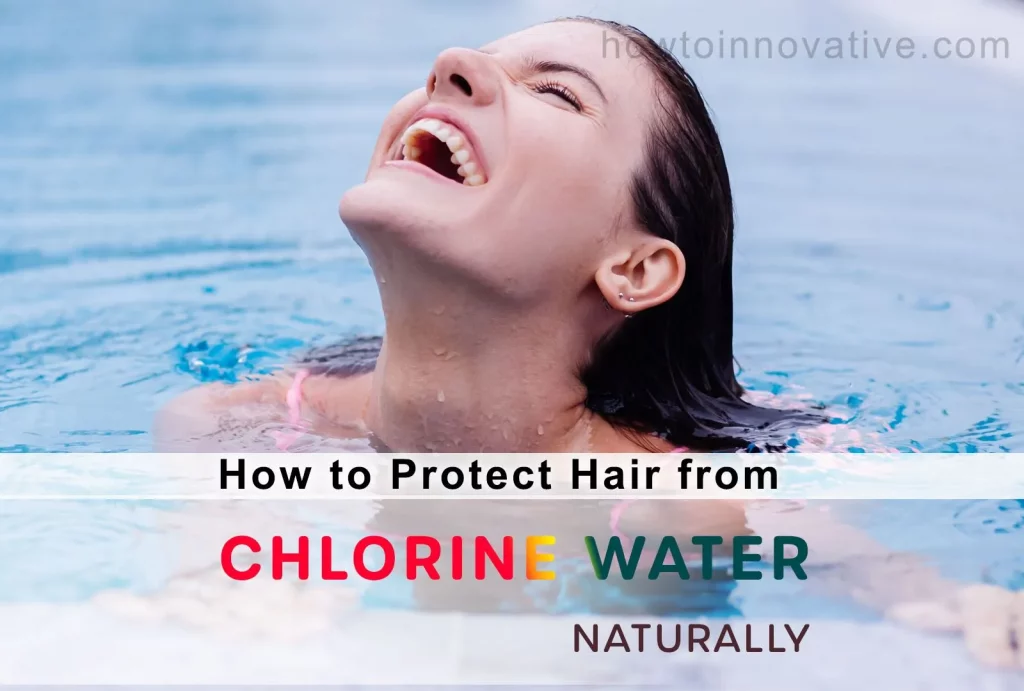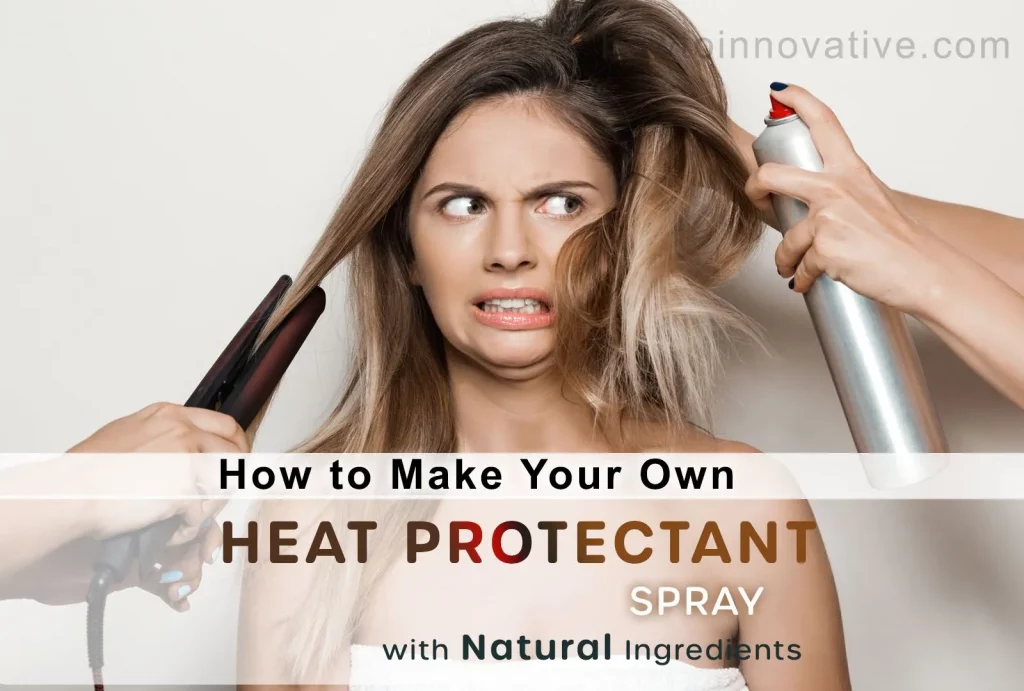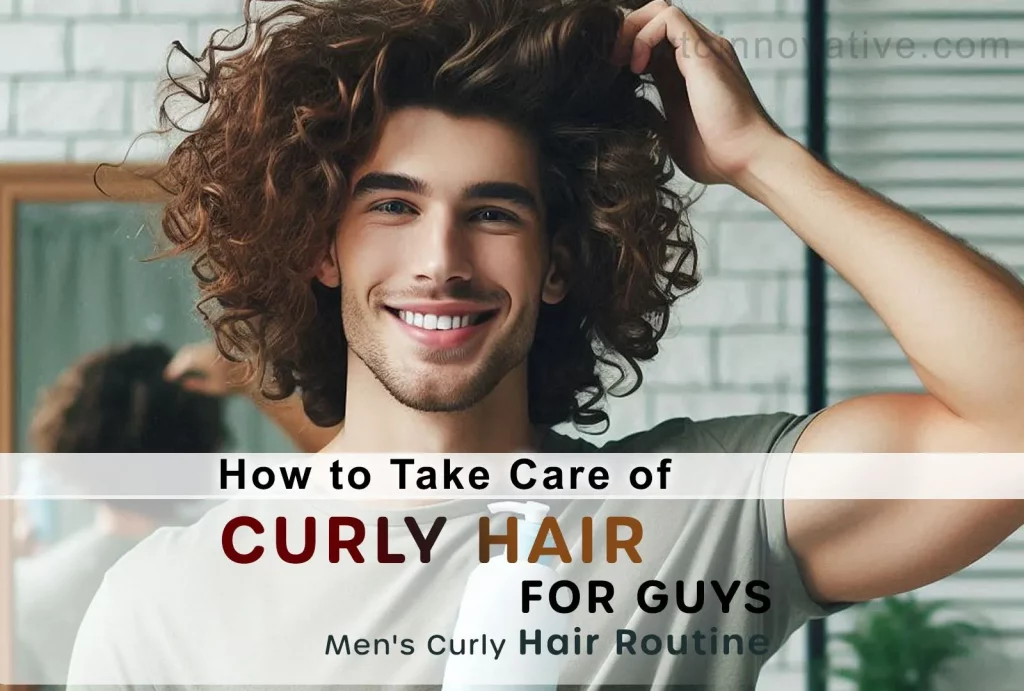One of the main problems people have with hair is shedding. Hair growth, while not a sentient bodily process, still undergoes some form of life cycle analogy with a resting stage, renewal cues, etc. Vitamins are a necessity for every aspect of bodily function, even the hair.
Hair is necessary for presenting an additional layer of warmth and protection, but it can also be used in signaling and identification. Although individual hair loss due to baldness is not harmful to humans, hair loss due to malnutrition can be.
Therefore, vitamins for hair growth play a significant role in a person’s overall health. In this post, I will show you the very best vitamins and minerals you can use for hair growth and how they work.
Table of Contents
Vitamins for Hair Growth and Thickness
Biotin, also known as Vitamin H, plays a crucial role in the production of keratin and in the maintenance of hair volume. Stress, especially that stemming from diets, pregnancy, and harsh physical activity, can lead to biotin deficiency, which can cause hair loss.
Furthermore, free radicals can decrease hair volume and cause hair fatigue. Vitamins A, C, and E are all effective in the battle against these substances. Vitamin B5 helps build the hair shaft and retains moisture, while Vitamin B6 helps relieve dandruff, particularly when consumed in conjunction with magnesium.
Vitamin D is equally important since it stimulates the creation of new hair follicles. All of the vitamins mentioned thus far are considered essential vitamins for hair growth.
Finally, Vitamin K encourages the deposit of calcium in the hair follicles, strengthening the hair. It is important to consume a variety of these vitamins for the best hair effects.
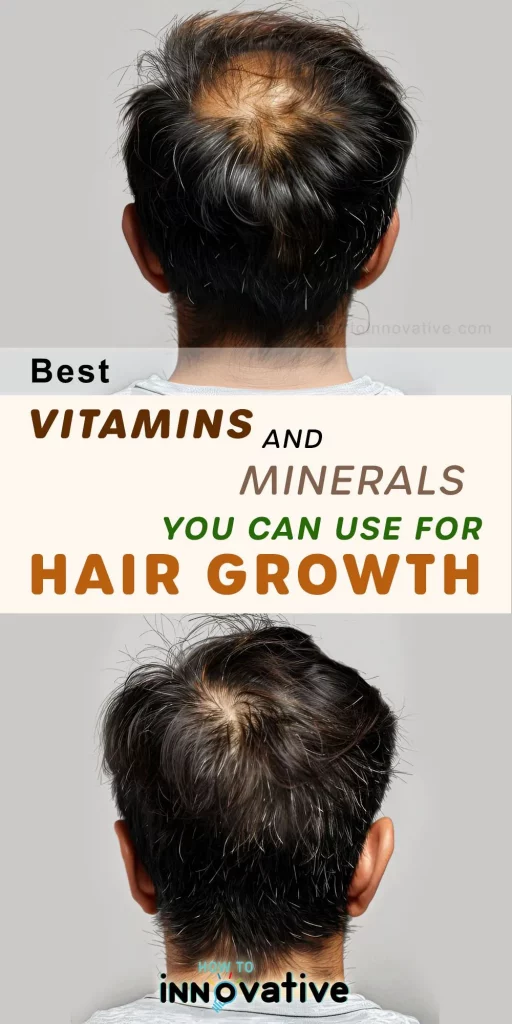
Best Vitamins and Minerals You Can Use for Hair Growth
Vitamin B for Hair Growth
One main cause of hair loss can be the absence of vitamin B supplements. Vitamin B5 consists of pantothenic acid and B3 which is considered essential for hair growth is niacin. Vitamin B6 and magnesium work together to alleviate dandruff potentially.
Available Food Sources of Vitamin B (B3, B5, B6):
B vitamins are a complex group of vitamins that are essential for many functions in the body.
Vitamin B3 (Niacin)
- Meat: Chicken, turkey, beef, pork
- Fish: Salmon, tuna, mackerel
- Nuts and seeds: Peanuts, sunflower seeds, sesame seeds
- Legumes: Lentils, chickpeas, kidney beans
- Enriched grains: Bread, pasta, rice
- Dairy: Milk, yogurt, cheese
Vitamin B5 (Pantothenic Acid)
- Meat: Chicken, beef, liver
- Eggs
- Avocado
- Mushrooms
- Whole grains: Brown rice, whole wheat bread
- Legumes: Lentils, chickpeas
- Dairy: Milk, yogurt
Vitamin B6 (Pyridoxine)
- Meat: Chicken, turkey, beef, pork
- Fish: Salmon, tuna, mackerel
- Potatoes
- Bananas
- Avocados
- Nuts and seeds: Peanuts, sunflower seeds
- Legumes: Lentils, chickpeas, kidney beans
- Fortified cereals
Vitamin A
Did you know that more than 70% of human skin, including hair follicles, is made up of keratinocytes? The first vitamin A-responsive gene was discovered in skin keratinocytes.
Vitamin A spends a lot of time doing some good work: regulating skin cell growth and functions. Studies have shown that deficiency or excess of Vitamin A can inhibit hair follicle cycling. But it wasn’t clear if Vitamin A directly affected hair follicles.
Scientists did a bunch of keratinocyte experiments and found that Vitamin A promotes the expression of keratinocytes and stimulates hair growth! So this means… Vitamin A is great for hair growth promotion!
Available Food Sources of Vitamin A:
You can take it naturally from animal food sources such as fish, liver, egg yolks, and whole milk and also from plant food sources such as beta-carotene found in orange and dark green fruits and vegetables like carrots, pumpkins, tomatoes, leafy vegetables, etc.
Vitamin C
Vitamin C also helps the body build iron, which is essential for hair growth. Iron helps red blood cells carry oxygen to hair follicles, promoting hair growth. A poor diet can lead to iron deficiency and hair loss.
However, you can improve your hair health through intake of iron supplements or eating vitamin C-rich foods.
Antioxidant vitamins like vitamin C help protect your hair against oxidative stress caused by free radicals created due to pollution and ultraviolet radiation.
Free radicals harm hair cells and DNA, meaning you will have thin and lackluster hair growth. With the use of vitamin C, you can protect your hair from oxidative stress.
Available Food Sources of Vitamin C:
Fruits (Guava, Kiwi, Strawberries, Papaya), Citrus Fruits (Oranges, grapefruits, and lemons), Vegetables (Red Bell Peppers, Broccoli, Brussels Sprouts, Kale, Mustard Greens), Cantaloupe, Chili Peppers.
Vitamin E
Vitamins essential for optimal hair growth are: Vitamin E which stimulates corporal oxygen consumption and improves blood flow which promotes hair growth.
Vitamin E is a fat-soluble vitamin that protects cells from oxidative stress (an imbalance of reactive oxygen species and antioxidants in the body). Vitamin E protects the skin, hair follicles, and basal epithelium of hair strands.
It promotes hair growth by enhancing the delivery of important nutrients and molecules to hair follicles, protecting against tissue damage, and acting as an antioxidant.
Supplementation and topical applications of synthetic or natural Vitamin E can reverse hair loss in cases caused by oxidative stress. As a natural vitamin that is generally safe and inexpensive, Vitamin E can be a good first step in promoting hair growth.
Available Food Sources of Vitamin E:
Nuts (Peanuts, almonds, etc.), seeds, and vegetable oils (like sunflower and safflower oil).
Vitamin D
One of the best hair vitamin supplements is vitamin D, which helps keep blood-carrying capillaries in the scalp. More blood flow to the scalp means more healthy tresses.
Available Food Sources of Vitamin D:
Although the sun is the primary source of vitamin D, some foods also contain this essential nutrient. Here are some good options:
Fatty Fish (Salmon, Tuna, Mackerel, Sardines), Egg yolks, Beef liver, Fortified dairy products (milk, yogurt, cheese), Fortified plant-based, milk (soy, almond, oat), Fortified cereals, Fortified orange juice, Mushrooms exposed to UV light.
Biotin (Vitamin B7)
Biotin is a part of the water-soluble vitamin B family and is generally recommended to help prevent hair loss and for healthy hair growth. Biotin deficiency has been associated with hair loss in several cases.
In a study conducted on 100 women, 38 participants were found to have biotin deficiency. Such participants were noted to have general nonspecific alopecia that improved with biotin supplementation.
Available Food Sources of Biotin (Vitamin B7):
Biotin is an essential vitamin for healthy lock growth and has many sources such as egg yolk, liver, fish, brewer’s yeast, brown rice, eco-friendly peas, lentils, oats, soybeans, sunflower seeds, and walnuts. Even some shampoos include biotin so one use will help improve hair growth.
Vitamin K2
The primary function of vitamin K is to help regulate calcium transport into the tissue. This is especially important in terms of the body’s calcium usage for the formation of the bones and teeth, plus it influences the heart. Vitamin K2 also regulates calcium build-up in hair follicles.
Available Food Sources of Vitamin K2:
Fermented Foods (Nattō, Sauerkraut, Kefir), Dairy Products (Gouda Cheese, Blue Cheese, Soft Cheeses, Butter), Meat and Eggs (Liver, Egg Yolks, Pork), Fatty Fish (salmon).
Omega-3 Fatty Acids
There’s good evidence from studies showing a strong relationship between the levels of omega-3 fatty acids and skin/hair health. Omega-3 fatty acids derived from fish oil are very useful nutrients for the skin and hair.
Studies reveal that omega-3 can help with scalp health and hair growth and thickening. This is very important knowledge because otherwise hair loss may not be taken seriously until there’s serious hair loss.
Since omega-3s are necessary for hair growth and they need to be consumed through diet, most people are essentially deficient in this nutrient. Omega-3 is essential for proper hail functioning. It also helps to keep hair thick and strong as it nourishes hair follicles (Munkhbayar et al., 2016).
Available Food Sources of Omega-3 Fatty Acids:
Various fatty fish(Fish oil) such as salmon, sardines, mackerel, etc., flaxseeds, and walnuts. Fatty acids such as primrose oil, flax seed oil, and salmon oil are excellent for hair growth.
Iron & Zinc
Androgenetic alopecia and hair loss can occur due to zinc and/or iron deficiency, having adverse effects on immunological, metabolic, and hormonal functions. Inadequate dietary iron and zinc induces hair loss in a similar manner to that of genetic hair disorders.
Iron is important for making red blood cells. These tiny red blood cells carry oxygen to the hair follicles. Without enough iron, hair follicles may not get the oxygen they need. Zinc also plays a key role in hair health. It helps keep hair follicles strong and supports hair growth. When you have enough zinc, your hair can grow better. Therefore, both iron and zinc are necessary for healthy hair.
Foods rich in Iron:
Meat and Seafood (Liver and other organ meats, Red meat, Poultry, shellfish like clams and oysters), Legumes (Lentils, Soybeans and tofu, Chickpeas and hummus, Kidney, black, and lima beans), Leafy Greens (Spinach, Kale, Swiss chard, Collard greens), Potatoes (with skin), Broccoli, Brussels sprouts, Tomato paste, and dried tomatoes, Dried apricots, Prune juice, Raisins, Mulberries, Grains (Fortified breakfast cereals, Quinoa, Oats, Whole wheat bread), Pumpkin seeds, Cashews, Dark chocolate, Blackstrap molasses.
Foods rich in zinc:
Meat and Seafood (Red Meat, Oysters), Legumes (Chickpeas, Lentils, Beans), Nuts and Seeds (Pumpkin Seeds, Cashews, Chia Seeds), Dairy Products (Cheese, Yogurt, Milk), Grains (Quinoa, Oats), Potatoes, Dark Chocolate.
Selenium
Selenium is actually a trace mineral that acts as an antioxidant in our body. It helps maintain the health and quality of hair by protecting it from environmental damage.
Foods rich in Selenium:
Brazil Nuts, Fish (tuna, sardines), Seafood (shrimp), Meats (ham, beef, turkey, and chicken), Eggs, Dairy Products (cottage cheese and yogurt),
Grains (whole wheat bread and pasta), Mushrooms (shiitake), Sunflower Seeds, Lentils.
Hair Health Multivitamin Blends: Prenatal Vitamins
Other very best hair vitamins for hair growth are prenatal vitamins. Prenatal tablets are mainly used for women expecting to become pregnant.
It is essential to be aware that you should consult a physician before you start using any vitamin supplement to increase your hair.
Some Other External Techniques
Aloe Vera Gel
Using aloe vera gel to treat bald spots on the scalp is also a great way of growing your tresses. This gel can be used directly on the scalp and usually does not have any side effects. Also iron, copper, protein, and vitamin F are essential for healthy lock growth.
Myrrh oil
An additional external technique to induce improvement is to use a hair oil known as Myrrh oil. It helps promote the growth of healthy locks. The oil will drive the vitamins from the blood you have taken in to create new hair follicles.
You may also like:
These are the very best hair vitamins known to man. Use them frequently and you’ll have beautiful locks to be happy with. And what I said earlier is that before using supplements you must consult a physician.

